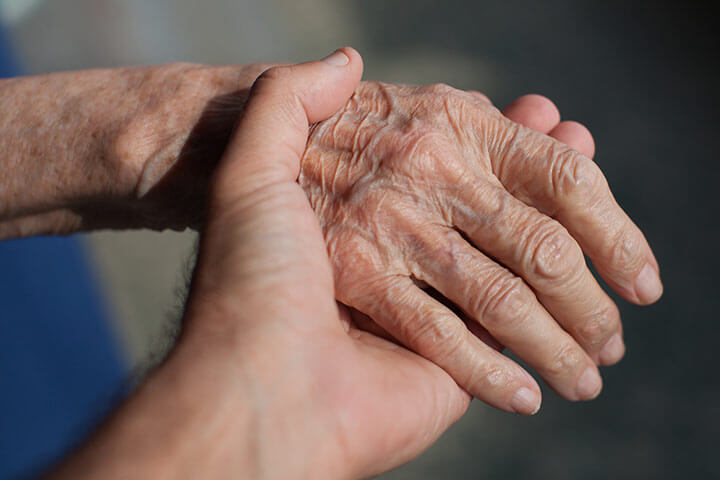 The ability for people to socialize can be directly correlated to their well-being. In fact, research has found that 85% of doctors feel that unmet social needs can be proportionally related to poor health. These needs can include things like reliable transportation, access to healthy foods, and adequate housing.
The ability for people to socialize can be directly correlated to their well-being. In fact, research has found that 85% of doctors feel that unmet social needs can be proportionally related to poor health. These needs can include things like reliable transportation, access to healthy foods, and adequate housing.
The majority of studies link physical health with social needs and even longevity. It should come as no surprise that the happier an individual is, the healthier they will feel (and in some cases, will show physical improvements).
Companionship for the Elderly
When people hear the term “in-home care” many consider that to involve medical services, but that is not always the case. In-home care pertains to the care of an individual on a variety of social levels, from daily tasks like cooking and running errands, to anything regarding companionship.
To understand how these services may provide companionship for a loved one, it is important to know exactly what “in-home care” can offer for an individual in need.
Defining In-Home Care
“In-home care” is a phrase that represents a multitude of daily tasks that must be met to satisfy an individual’s needs. In some cases, this may include medical services, which may necessitate several aides to assist them on a day-to-day basis.
When it comes to companionship however, in-home care is less expensive than skilled nursing or a hospital setting. It is also more conducive to a home environment. A caregiver does not necessarily need to perform medical tasks to provide companionship.
Although specific needs are generally defined by the individual, an in-home care aide always tends to the need of “camaraderie.” Whether an individual is confined to a wheelchair and looking for conversation or someone simply requires help getting to a class on time, a personal care assistant (PCA) can be there to make sure their social needs are met.
One of the main objectives to in-home care is to ensure that an individual is given enough assistance so that they can remain in a comfortable home setting. Above all, in-home care provides supervision, guidance with personal services, and continual companionship.
This level of assistance generally requires a caregiver that is certified to provide a specific type of support. Titles that fall into the category of aides that provide continual companionship without medical supervision include:
- In-Home Care Aide
- Certified Nursing Assistant (CNA)
- Professional Care Assistant (PCA)
One of the clearest ways to define “companionship” in terms of in-home aid is assistance with the instrumental activities of daily living (IADLs). These are the activities that most people consider vital to living a daily life, but not medically necessary.
Instrumental Activities of Daily Living
IADLs are the types of activities that people need to complete on a daily basis. Depending on the level of assistance that an individual requires, It may be even more important that these activities be supervised. Activities like cooking a Sunday dinner, driving through the country, or simply sitting down to a challenging needlepoint would fall into the definition of IADLs. They are usually defined by the following general activities:
- Meal Prep: An in-home aide can help an individual plan for meals, shop, and follow their favorite recipes and dietary requirements.
- Housekeeping: In-home aides that are there to provide companionship will also assist in assuring the living space is neat and tidy at all times.
- Mobility: One of the prime responsibilities of companionship is making sure the individual can ambulate in a safe manner, throughout various terrains.
- Transportation: A prime supportive task of in-home care is ensuring an individual arrives to all of their appointments and social engagements in a safe and timely manner.
Assisting an individual with the instrumental activities of daily living is the first approach in offering companionship. Having a person committed to providing this level of social care is a prime example of how in-home care can afford companionship for the elderly.
The Future
At this point, most physicians realize that the brunt of work an in-home care specialist must support is that of companionship. It is universally agreed upon by all healthcare networks that friendship is a vital role played by in-home aides and should be provided to complement any medical services they should need.
Helping a person achieve simple daily tasks are small accomplishments that can mean the world to an individual. In-home care is not always a term that should be associated with medical procedures and supervision. At times, it simply involves a listening ear or someone that is there in case an individual falls. Contact Caring Hands Matter for more information.